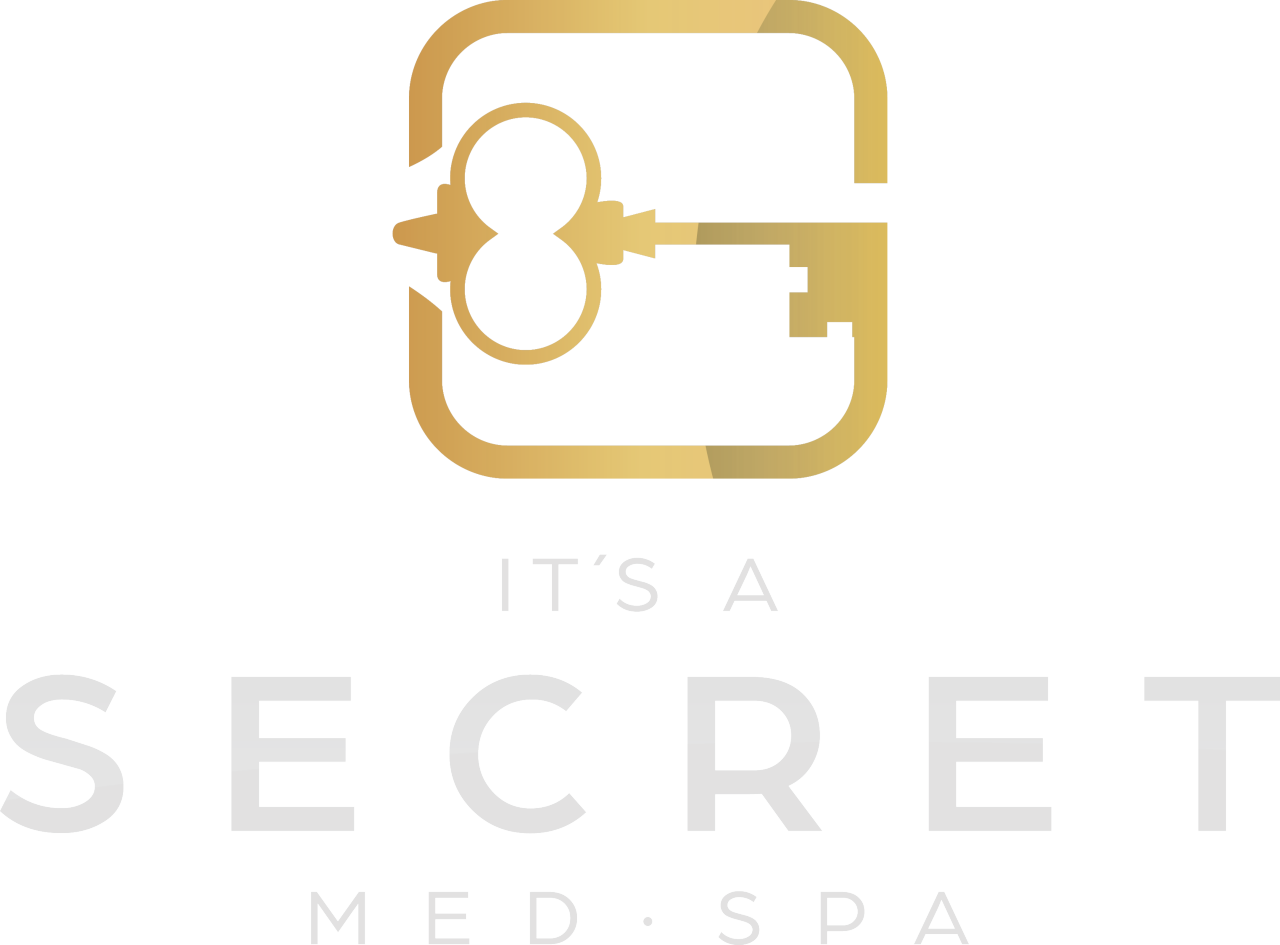Peptides and peptide therapy have boomed in the last few months within the medical aesthetics industry. Taking over the stage with an array of benefits and success stories, peptides are on the horizon for the next big thing. Even if you think you’ve never heard of peptides, you probably have.
You see friends out and about with clear skin despite getting a microneedling treatment just two days ago. That wellness podcast you listen to started talking about all the gut health benefits their weekly injections bring. Your favorite beauty influencer swears that her glowing skin isn’t possible without her new peptide therapy journey. Even your mom shares her friend’s stories about the amazing sleep they’ve been getting with this new, tiny little shot.
If you want to be “in the loop” about peptide therapy and what it can do for you, look no further. Follow along with our comprehensive guide to everything peptides.
What are Peptides?
To put it simply, peptides are short chains of amino acids, the fundamental building blocks of proteins. The key difference between peptides and proteins is their chain of amino acids. While proteins can have tons of amino acids, peptides typically have around 2-50. Similar to proteins, peptides already occur naturally in both the foods we eat and our bodies. They play a critical role in both basic and complex biological functions.
It’s important to note that peptides can be used via injection, oral supplements, or nasally. But how do you know which method of use will be best for you? Typically, your best method of consumption is heavily based on desired outcomes, the type of peptide, and sometimes your medical history. As with any medical treatment, checking with your provider will give you a better idea of what might be best for you and your body.
How Do Peptides Work?
These short chained amino acids can most often be used to penetrate the skin more effectively, which brings targeted benefits in the body. When used, peptides essentially signal the molecules within the body to trigger specific biological responses. This can include stimulating collagen production, enhancing cellular repair, promoting overall skin health, and more.
Watch the video below to get more insight on how peptides work:
Why Do I Need Peptides?
A great characteristic of peptides is their ability to target a large range of concerns. Interested in Morpheus8, but not looking forward to the downtime? Take a peptide for quicker recovery. Not a fan of tanning beds or fake tan, but don’t want to be pale for the winter? Try the tanning agent peptide. Looking for something to help aid those Botox injections for anti-aging? You guessed it – there’s a peptide.
Peptides can be used for a plethora of concerns or boosts your body might be looking for. They come in all shapes and sizes for just about any of your needs, which makes it easy to pick and choose what you’re interested in.
Peptides That Can Be Found At It’s A Secret Med Spa
Here at It’s A Secret Med Spa, we currently offer 8 different types of peptides. That’s quite a bit! Determining which type of peptide to get can be overwhelming with initial glance – but It’s A Secret Med Spa breaks it down for you. The following are currently available:
- *NAD+
- *BPC-157
- *Glutathione
- GHK-Cu
- CJC+Ipamorelin
- MOTS-c
- Melanotan II (MT-II)
- Epithalon
Let’s take a closer look at our *most popular peptides: NAD+, BPC-157, and GLUTATHIONE. Click on the videos below to learn more about each peptide.
Potential Side Effect / Risks
Generally speaking, peptides have a pretty low rate for more serious side effects and risk with healthy people who take them. Since peptides already naturally occur in the foods we eat and our bodies, risks tend to be on the lower side.
Some noted side effects with peptide injections are irritations at the injection site like swelling, redness, and discomfort (typically resolves within a few hours), feeling tired, mild/light GI disturbances and in some cases, hypersensitivity.
The best way to lower the risks of your peptide treatment is by monitoring long-term, with proper guidance from your provider. Where you get your peptides is also important. Choosing a place that has informed, educated, and medically trained professionals will significantly help reduce overall risks.
Popular Peptide FAQ’s
*This blog was reviewed by medical professionals


